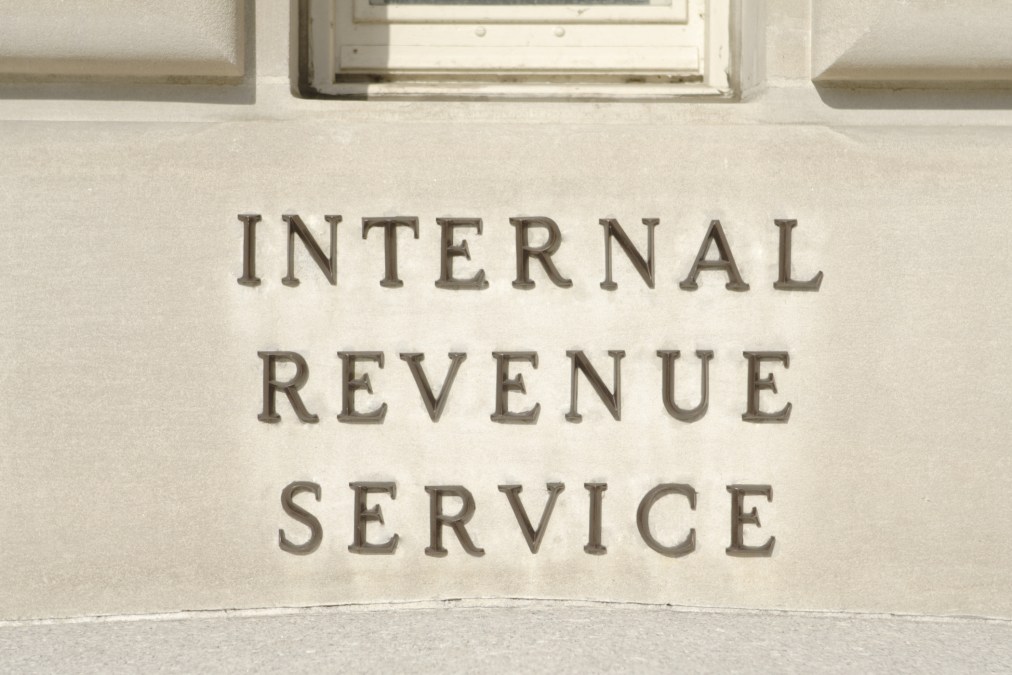The IRS wants help breaking into seized cryptowallets

As the popularity of cryptocurrencies like Bitcoin, Ethereum and Dogecoin ceases to fade, the federal government is focused on obtaining the technological know-how to seize digital cash and the cryptowallets that hold the keys needed to access it. The problem is, once federal agents seize the cryptowallets in investigations, they can rarely obtain the necessary keys.
The IRS wants the help of industry in researching techniques to exploit the seized digital wallets, it says in a new request for information. Cracking the cryptographic keys that keep these wallets secure can be so difficult that owners themselves frequently lock themselves out and pay hefty rewards to researchers who can help them break the code.
“It is a priority to combine the leading-edge cybersecurity research available on the topics of embedded hardware exploitation with the disciplined, established science of digital forensics,” says the document. “The explicit outcome of this requirement is to tame the cybersecurity research into measured, repeatable, consistent digital forensics processes that can be trained and followed in a digital forensics’ laboratory.”
This is of great interest to the IRS’s Criminal Investigation unit as it tracks down and enforces cases of fraud and other violations of tax law, such as the failure to pay taxes on cryptocurrencies, the agency said in a separate contracting document from March. The unit also assists other law enforcement agencies with money laundering and narcotics investigations.
The difficult-to-track nature of cryptocurrencies make them popular among criminals seeking, who can use them anonymously for illicit transactions. For example, the DarkSide hackers responsible for the Colonial Pipeline ransomware attack allegedly collected their $5 million ransom payment in the form of bitcoin.
“The emergence and rapid adoption of cryptographic currencies over the last decade has created a gap in digital forensic capabilities. The decentralization and anonymity provided by cryptocurrencies has fostered an environment for the storage and exchange of something of value, outside of the traditional purview of law enforcement and regulatory organizations,” the IRS says in the request for information. “While research exists on the analysis and tracking of blockchain transactions, there is a portion of this cryptographic puzzle that continues to elude organizations – millions, perhaps even billions of dollars, exist within cryptowallets, but the value cannot be realized because of the challenging cryptographic problem.”
It continues: “Since hardware cryptographic wallets contain digital data – public and private cryptographic keys – these small hardware computing devices may provide crucial data in investigations.”
The IRS hopes to validate existing research into breaking into cryptowallets and also to identify new methods, document the processes to replicate them and create training for the agencies criminal forensics specialists.
The IRS did not comment on the procurement outside of the RFI.
The RFI comes as the tax agency places a greater focus in recent years on the emergence of cryptocurrencies. In 2019, agency documents showed it began training agents to hunt for cryptowallets. And earlier this year, the IRS launched “Operation Hidden Treasure” to sniff out people who are leaving crypto-related income off of their tax returns by tracking crypto transactions.






